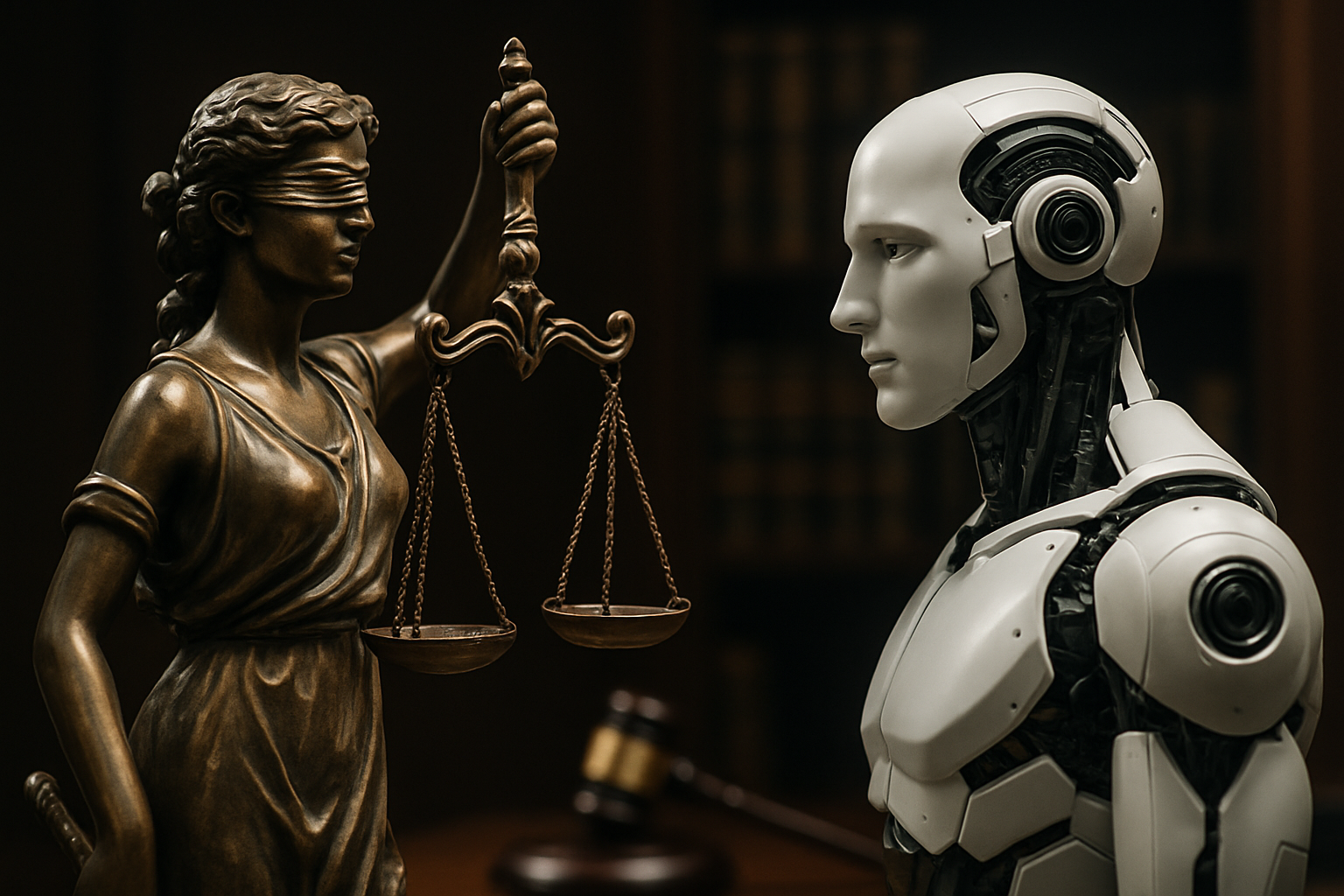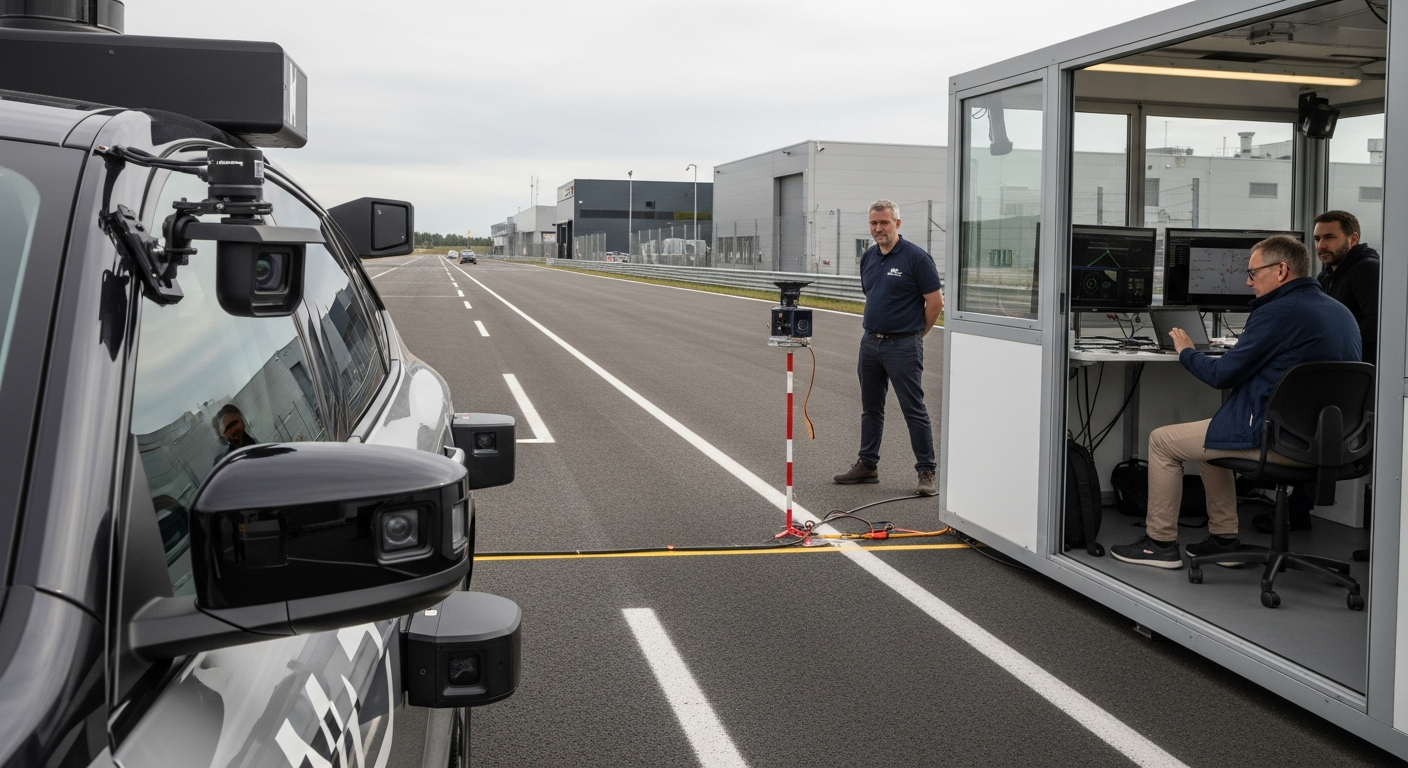The Implications of Legal AI: An Examination of Artificial Intelligence in Law
Introduction: As technology continues to evolve and influence various sectors of society, the legal field is not exempt. The integration of Artificial Intelligence (AI) into the legal system is a new phenomenon that has sparked significant interest and debate. This article delves into the emergence of legal AI, its current applications, and its potential implications for the legal field and society at large.

The Emergence of Legal AI
In the past decade, AI has made significant strides, permeating various sectors of the economy, including healthcare, finance, and now, the legal field. AI’s integration into the legal system began with the need to simplify and expedite mundane tasks such as legal research and document review. The use of AI in law has expanded rapidly, with law firms and courts alike leveraging this technology to improve efficiency and accuracy.
Current Applications of AI in Law
AI has found a myriad of applications in the legal system. Predictive analytics, for example, leverages AI algorithms to predict legal outcomes based on historical data. Legal research, once a tedious process, has been streamlined with AI’s ability to sift through vast amounts of information quickly and accurately. AI is also used in contract analysis, where it can review and analyze contracts much faster and more accurately than humans.
The Legal Framework Around AI
As AI technology continues to evolve and its use in the legal field expands, there is a growing need for a robust legal framework to govern its use. Currently, there are no specific laws regulating the use of AI in law. However, existing laws relating to data protection, intellectual property, and liability can apply. The challenge, however, lies in interpreting and applying these laws in the context of AI.
The Impact of AI on Legal Professionals
The advent of legal AI has raised concerns about the role of legal professionals in the future. While some fear that AI might replace lawyers, many experts argue that AI will serve as a tool to assist legal professionals, not replace them. AI can handle mundane and repetitive tasks, freeing up lawyers to focus on more complex and strategic aspects of their work.
The Broader Implications of Legal AI
The use of AI in the legal system has broader implications for society. It promises to democratize access to legal services, making them more affordable and accessible. However, it also raises ethical and privacy concerns. For instance, how will AI handle sensitive legal data? How can we ensure that AI’s predictions and decisions are fair and unbiased? These are questions that need careful consideration as the use of legal AI continues to expand.
In conclusion, the integration of AI into the legal field is a complex issue that warrants careful consideration. While it has the potential to revolutionize the legal system, it also presents new challenges and ethical considerations. As technology continues to advance, it is crucial for lawmakers, legal professionals, and society at large to engage in ongoing dialogue and examination of this phenomenon.






